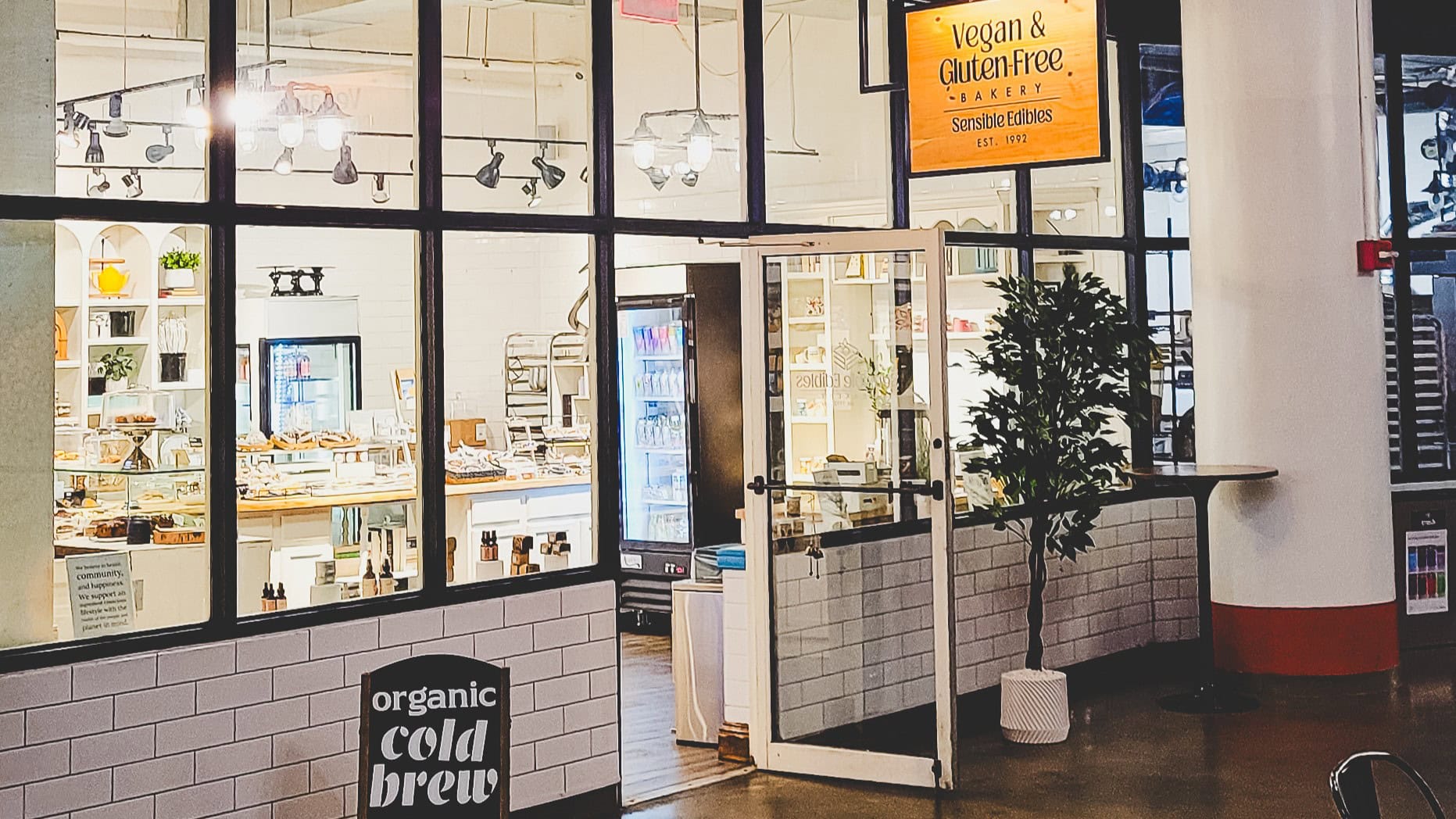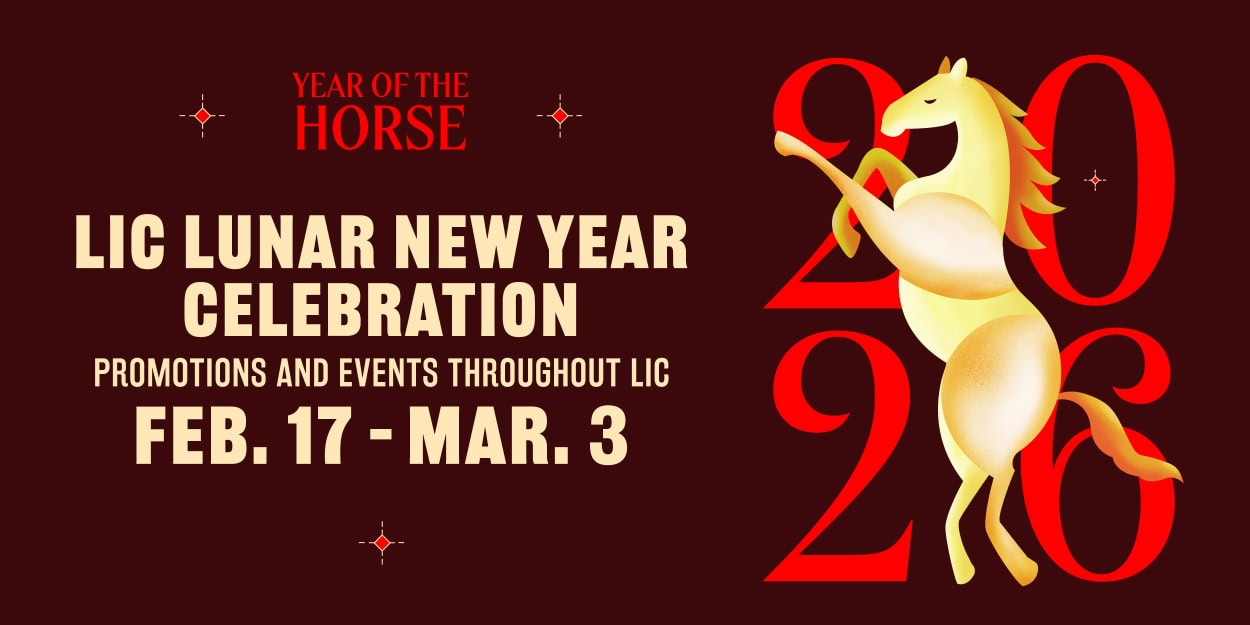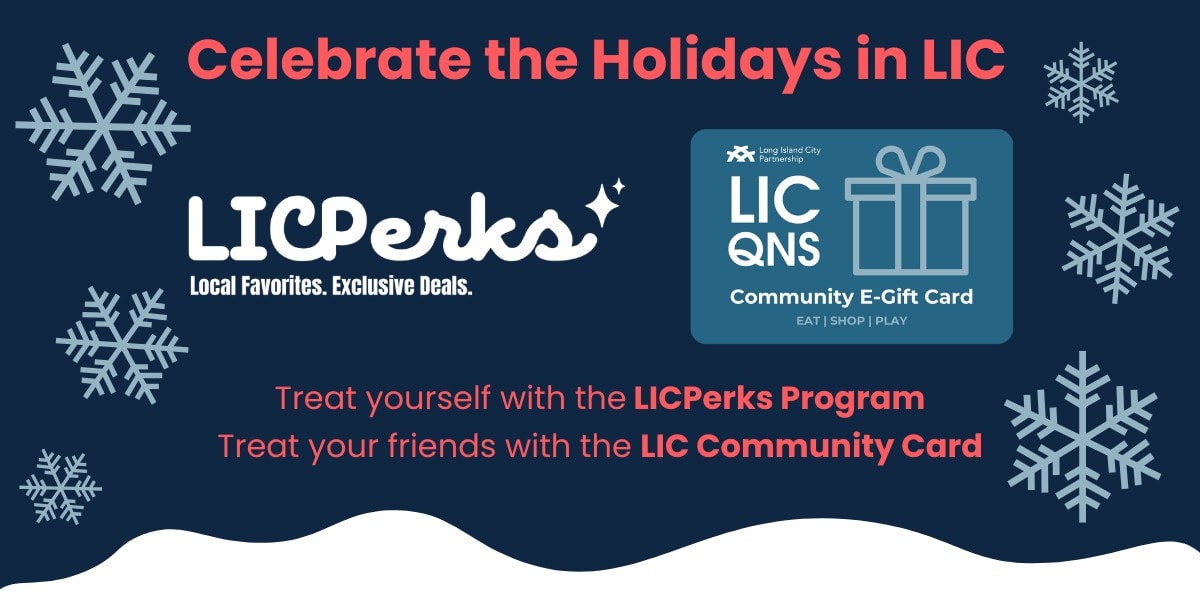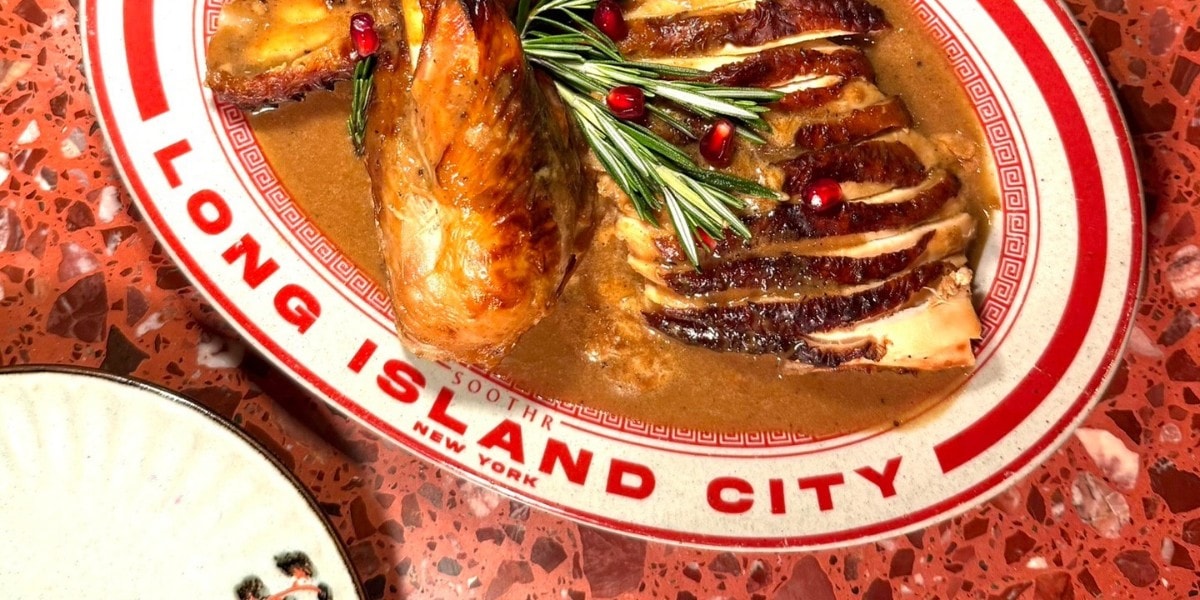Meet Wassem Moarsi, the owner of Sensible Edibles Bakery, located at 30-30 47th Ave. (inside The Factory LIC)
This multi-generational family-owned business has been in LIC for over 30 years, bringing delicious baked goods to the community. Owner Wassem Moarsi draws on a background studying biology, chemistry, and pesticides to ensure Sensible Edibles’ baked goods are nutrient-dense and plant-based, free from animal products and common allergens. Rooted in health, ethics, and sustainability, Sensible Edibles actively supports the local community. We spoke with Wassem about taking over the family business, everything he loves about LIC, and, of course, vegan and gluten-free baked goods.
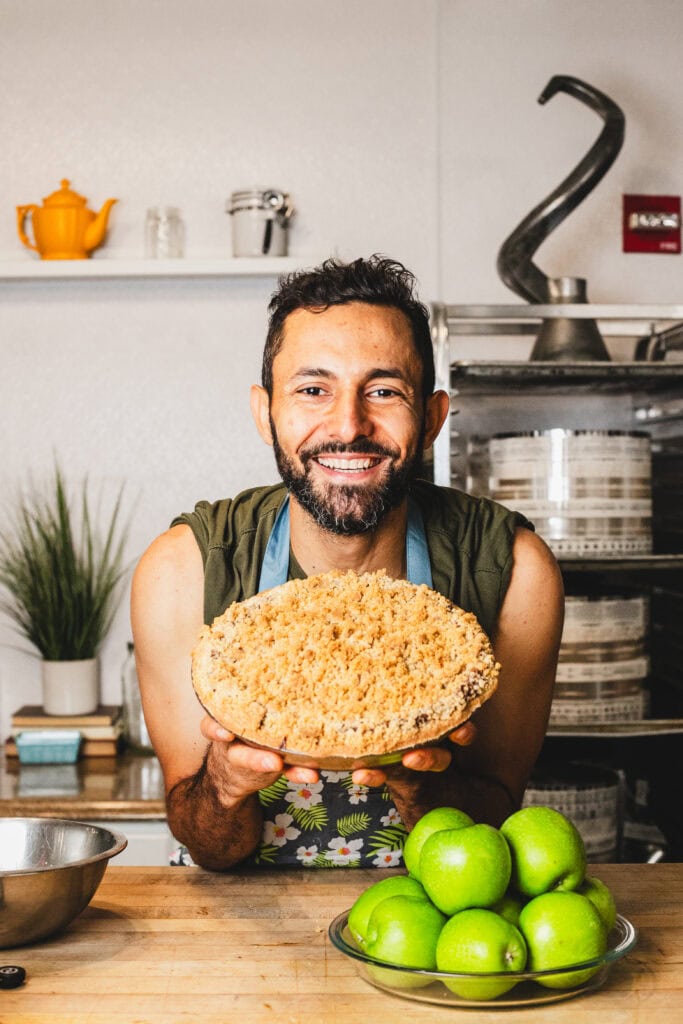
Q: Please share a little bit about your background, your career, and your path to becoming a business owner/manager.
Wassem: I have a background in biology and chemistry, and my master’s thesis focused on pesticides. That work shaped my awareness of how food and environment directly impact our health. But the bakery? That’s family. My father started Sensible Edibles in 1992, and when he passed it down to me, it was barely surviving. With my passion for health and deep ingredient awareness, I saw an opportunity to transform it. I reimagined every recipe—from the flour to the sweeteners—to align with clean, nutrient-dense, plant-based living. Today, we’re a thriving vegan and gluten-free wholesale bakery, rooted in values and powered by purpose. This isn’t just about baked goods—it’s about food that actually supports people’s well-being
Q: Why did you choose to open a business in Long Island City?
Wassem: We didn’t choose Long Island City—we like to think we helped shape it. Sensible Edibles has been here since 1992, long before the glass towers and waterfront parks. I remember when the shoreline was mostly weeds, with the Pepsi-Cola sign standing over an empty stretch of land. Back then, LIC was raw and industrial—but full of potential. When I took over the business, it made sense to stay. We had the space, the grit, and proximity to NYC’s food scene. What’s kept us here is the community—loyal, values-driven, and always evolving. We’ve grown alongside this neighborhood, and it still feels like home base for a business that’s rewriting the rules on what a bakery can be.
Q: What do you want the community to know about your business?
Wassem: We’re a dedicated gluten-free, vegan bakery with a mission rooted in health, ethics, and sustainability. Everything we bake is free from animal products and common allergens—because we believe everyone deserves access to safe, nourishing, joy-filled food. But we don’t stop at cookies. We actively support our local community—partnering with LIC Feral Feeders to protect and care for rescue animals, collaborating with LaShawn Marston on nutritional awareness and wellness programming, and contributing to sustainability efforts through local gardens like Hogshead. Whether it’s a kid having their first-ever cupcake without fear of an allergic reaction, or a neighbor discovering the power of plant-based food—we’re here to make that experience possible.
Q: What is your favorite thing about Long Island City?
Wassem: LIC embodies everything I love about Queens—diversity, culture, grit, and community. You’ve got global cuisine, handball courts, local art, and small businesses all thriving side by side. It’s walkable, full of character, and connected by the iconic 7 train. This neighborhood doesn’t just support creativity—it lives it.
Q: What change has been the most significant to you in LIC in general within the past 5-10 years?
Wassem: The scale of development—hands down. In the last decade, LIC has completely transformed. Skyscrapers replaced warehouses, and luxury buildings now line streets that used to be mostly industrial and quiet. There’s more foot traffic, more visibility for businesses like ours—but also a real shift in the neighborhood’s energy. What stands out most is how fast it all happened. The LIC I grew up in had wild lots, working factories, and a tight-knit community of locals and artists. Now it’s evolving into a high-density, mixed-use neighborhood. There’s opportunity in that—but also a responsibility to keep the roots intact.

